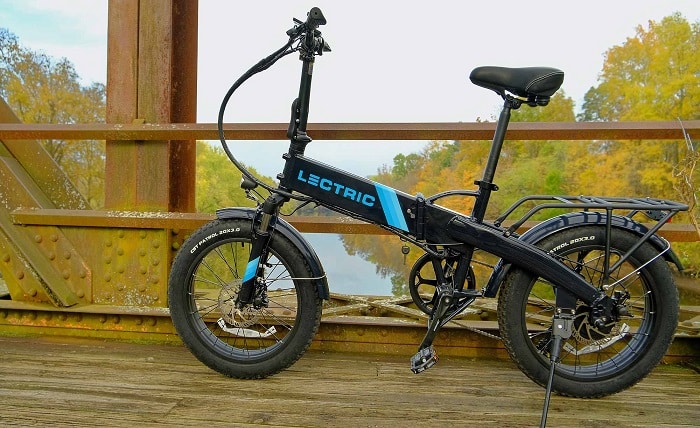Electrifying Insights: Impact of Lectric Innovations on Modern Technology

Introduction
In an era dominated by a push towards sustainability and efficiency, “lectric” technology has emerged as a pivotal element. This blog post delves into the multifaceted impact of “lectric” innovations across various sectors, highlighting how they are revolutionizing our everyday lives.
The Rise of “Lectric” Vehicles
The automotive industry has been transformed by the advent of “lectric” vehicles (EVs). These vehicles are not only eco-friendly but also cost-effective in the long run. We’ll explore how “lectric” vehicles are designed, their benefits, and the future trends that could shape this sector.
Lectric Power Systems: The Backbone of Smart Cities
Smart cities leverage “lectric” power systems to enhance energy efficiency and manage resources more effectively. This section examines how these systems work, their components, and the benefits they offer to urban developments.
Home Automation: The Comfort of “Lectric” Technology
Home automation systems utilize “lectric” technology to provide homeowners with convenience, security, and energy management. We’ll look at various “lectric” home automation solutions and their implications for modern living.
Lectric in Healthcare: Revolutionizing Medical Equipment
“Lectric” technology plays a crucial role in healthcare by powering sophisticated medical equipment and devices. This segment focuses on how “lectric” innovations are enhancing diagnostic and treatment capabilities in medical facilities.
Industrial Automation and “Lectric” Solutions
In the realm of industrial automation, “lectric” solutions are integral to increasing productivity and safety. This section discusses the integration of “lectric” technology in manufacturing processes and its impact on the industry.
Lectric Energy Storage Systems
Energy storage is essential for managing the intermittency of renewable energy sources. “Lectric” energy storage systems provide a viable solution, and this part explores their types, applications, and future potential.
Lectric Transportation Beyond Vehicles
Beyond cars, “lectric” technology is vital in other forms of transportation such as trains and buses. Here, we discuss the advancements and challenges of implementing “lectric” systems in public transport.
The Environmental Impact of Lectric Technology
While “lectric” technology offers numerous benefits, it also poses environmental challenges. This section evaluates the ecological footprint of “lectric” innovations and discusses sustainable practices.
Regulatory Frameworks Governing “Lectric” Technology
Regulations play a significant role in the adoption of “lectric” technology. This segment reviews the current policies and how they influence the development and deployment of “lectric” solutions.
The Economic Implications of Adopting “Lectric” Technology
Adopting “lectric” technology impacts economies at various levels. This part analyzes the economic shifts caused by “lectric” innovations, focusing on job creation, market dynamics, and investment opportunities.
Lectric Innovations in Renewable Energy
“Lectric” technology is closely linked with renewable energy. We explore how “lectric” innovations are being used to harness and optimize renewable energy sources like solar and wind.
The Future of Lectric Technology
Looking ahead, “lectric” technology holds promising prospects. This concluding section forecasts the future developments of “lectric” technology and its potential global impact.
Conclusion
“Lectric” technology is more than just an innovation; it’s a revolutionary force that is shaping the future of multiple industries. From improving energy efficiency to powering smart cities and beyond, “lectric” innovations are at the forefront of technological advancement. As we continue to explore and expand these technologies, their role in promoting a sustainable and efficient future becomes increasingly apparent.
FAQs
Q1: What exactly is “lectric” technology? A: “Lectric” technology refers to applications and innovations that involve electricity or electric processes, particularly those that contribute to efficiency and sustainability.
Q2: How do “lectric” vehicles contribute to the environment? A: “Lectric” vehicles reduce emissions, decrease fossil fuel dependence, and are generally more energy-efficient compared to traditional vehicles.
Q3: Are there financial benefits to using “lectric” technology in homes? A: Yes, “lectric” home automation systems can lead to significant energy savings, thereby reducing utility bills over time.
Q4: What are some challenges associated with “lectric” energy storage? A: Challenges include high initial costs, technological limitations in energy capacity, and the need for advanced materials for better efficiency.
Q5: How can I keep up with the latest developments in “lectric” technology? A: Following tech blogs, subscribing to industry newsletters, and participating in relevant webinars and conferences are excellent ways to stay informed.




